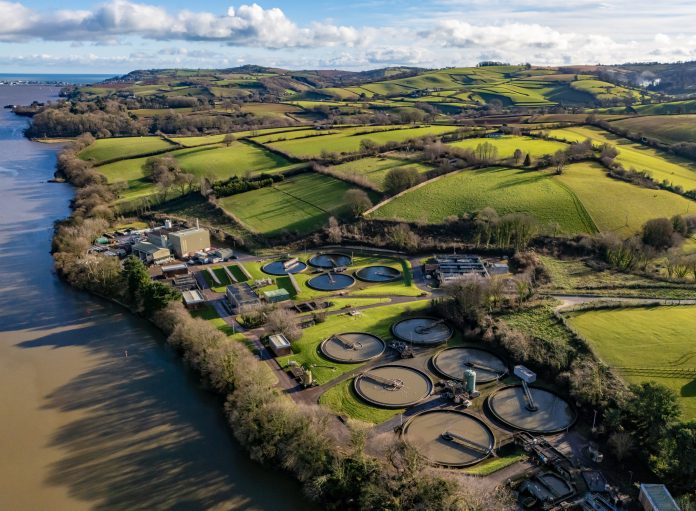The European Health and Digital Executive Agency (HaDEA) has launched a new initiative under the EU4Health programme to improve the early detection of health threats through enhanced wastewater monitoring
This involves the signing of new framework contracts that will establish a comprehensive sentinel surveillance system across the European Union.
The contracts, signed under three specific Lots, focus on the supply of equipment, the analysis of pathogens, and the monitoring of pollutants in untreated wastewater. The three lots demonstrate efforts to establish a robust early warning system for detecting emerging threats, such as pandemics and environmental risks.
A sentinel system for Europe
The goal of this initiative is to develop a global sentinel system by closely monitoring untreated wastewater at selected “super-sites” across Europe. Wastewater is increasingly recognised as a valuable source of data for public health surveillance, offering insight into community-wide trends in infection and pollution levels.
The contracts will ensure that strategic sites can collect, package, and analyse wastewater samples for the presence of viruses, bacteria, and chemical pollutants. This effort is expected to improve Europe’s capacity to detect and respond to potential public health crises promptly.
Lot 1: Supplies and equipment for wastewater sampling
The first contract, signed on March 12, 2025, focuses on logistics and equipment. Valued at up to €7.2 million and set to run for four years, this framework agreement encompasses the provision of sampling materials, equipment for wastewater collection and analysis, and dispatch services.
These services will ensure the efficient transport of samples from monitoring super-sites to laboratories designated under Lots 2 and 3 for further analysis.
Lot 2: Pathogen detection and genetic analysis
On 27 May 2025, multiple contracts were signed under Lot 2 to conduct advanced microbiological analyses on wastewater samples. With a total financial support of €18.8 million, these contracts encompass several key technologies, including polymerase chain reaction (PCR), whole-genome sequencing (WGS), next-generation sequencing (NGS), and Shotgun Metagenomics.
These methods allow researchers to detect known pathogens and track new or mutating ones through genetic data. The integration of Shotgun Metagenomics also enables the study of complex microbial ecosystems, providing a clear view of the microbial content of wastewater samples.
Lot 3: Monitoring pollutants of emerging concern
Also signed on 27 May 2025, Lot 3 focuses on chemical analysis. With a total allocation of €6 million, these contracts enable the detection and quantification of pollutants using mass spectrometric techniques combined with multi-residue extraction methods.
These procedures are essential for identifying contaminants that could pose risks to human health or the environment, including pharmaceuticals, personal care products, and industrial chemicals.
Improving public health resilience
This wastewater surveillance initiative is part of a broader EU4Health effort to strengthen public health systems and resilience in Europe. Initially developed in response to the COVID-19 pandemic, EU4Health now plays a vital role in preparing for future cross-border health threats.
Managed by HaDEA, the programme supports health authorities, organisations, and research institutions through funding and procurement initiatives. With this latest set of contracts, the EU is positioning itself at the forefront of health surveillance, using innovative science to protect its population from emerging risks.











